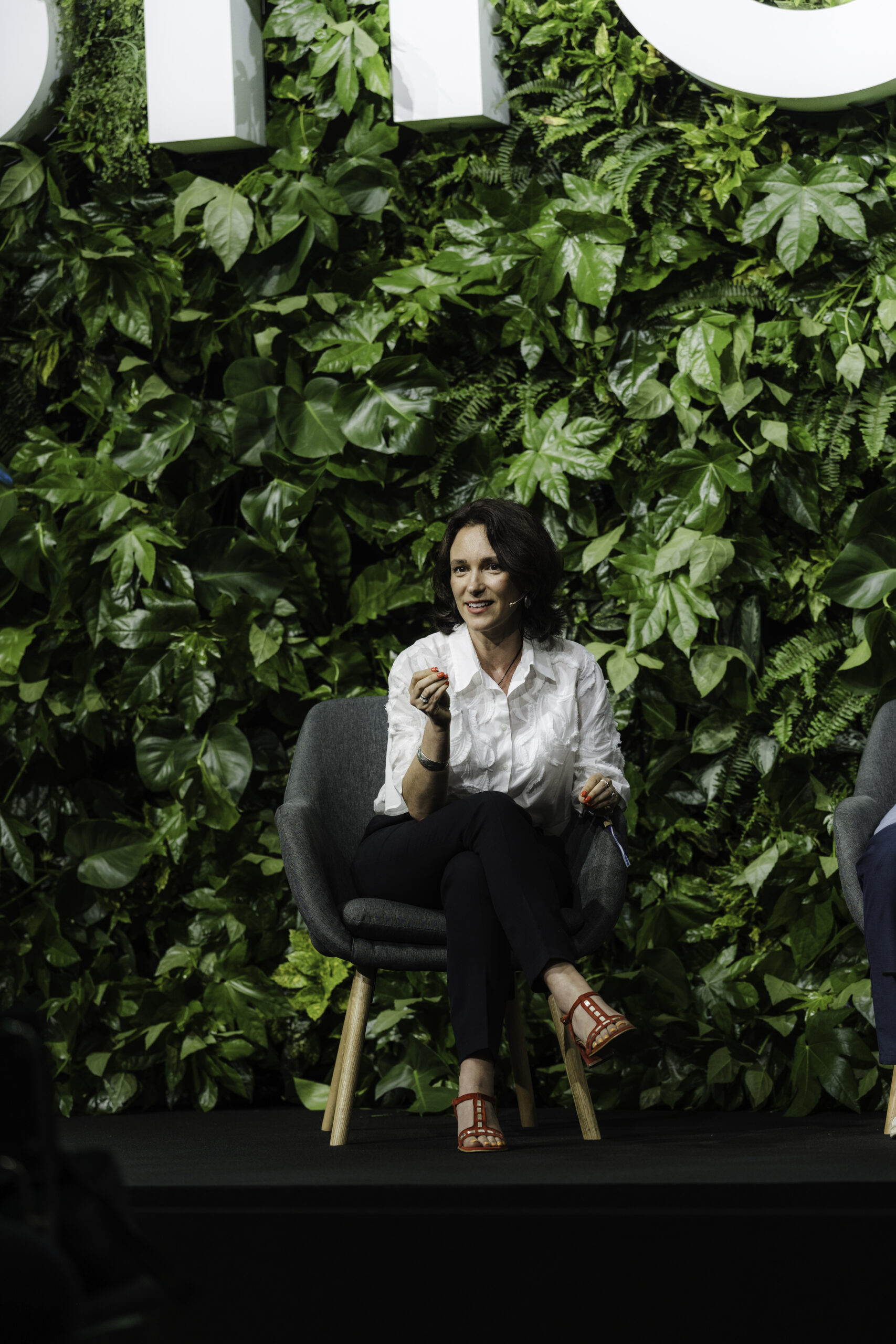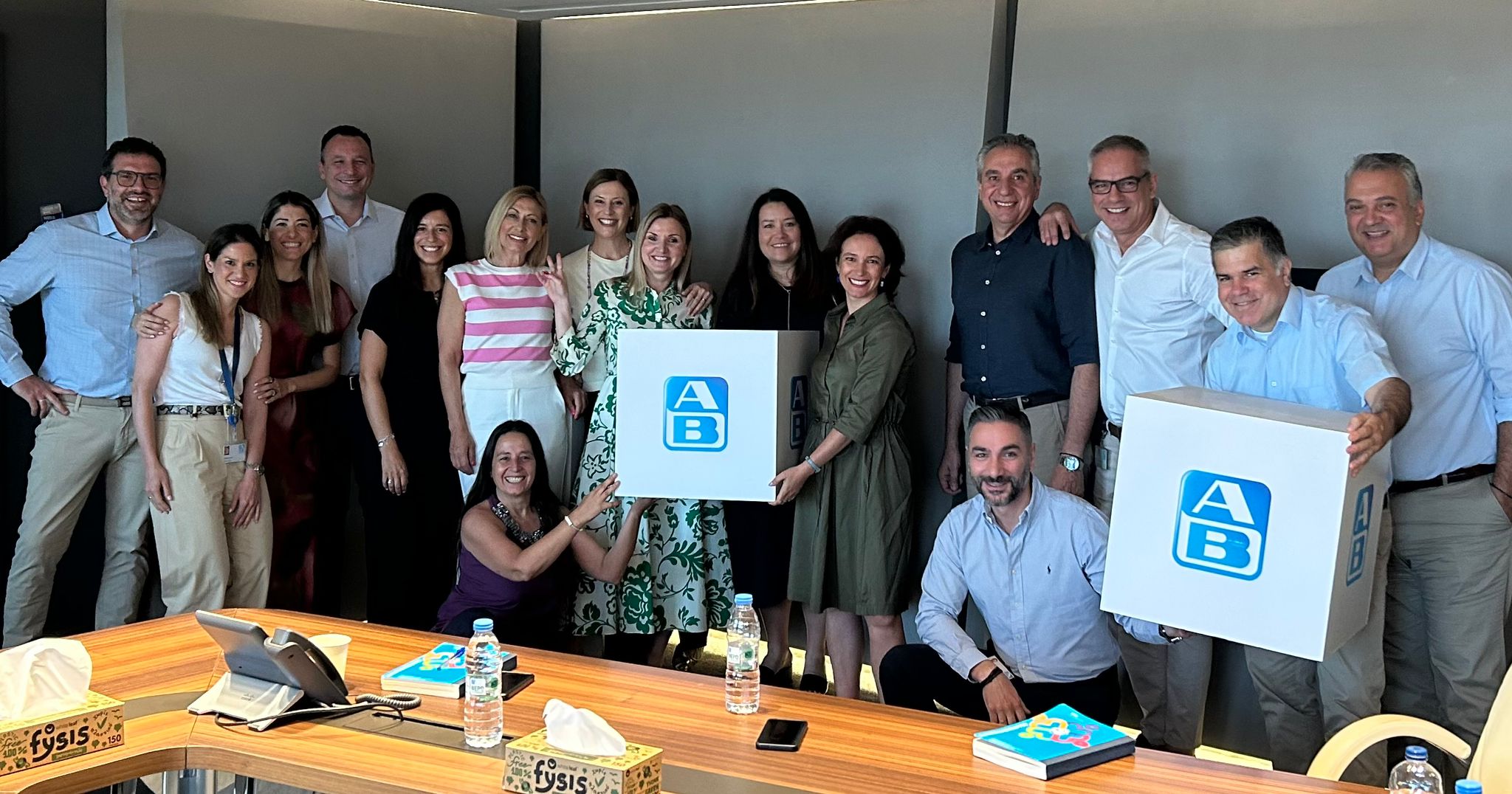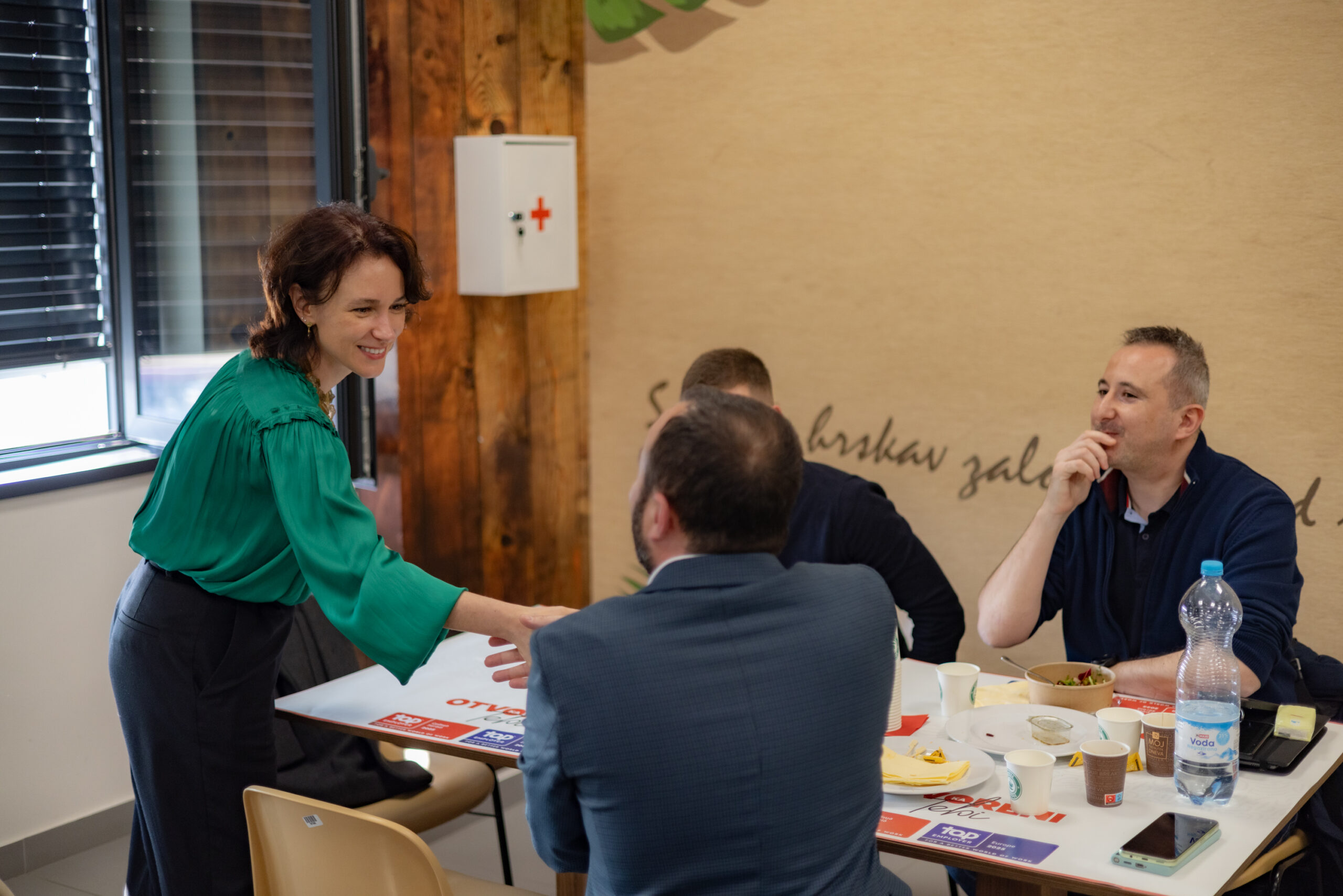The Road to CHRO/CPO: Career stories of People Leaders

Natalia Wallenberg is the Chief Human Resources Officer at Ahold Delhaize, where she leads the company’s global people strategy, covering leadership, culture, DE&I, talent development, and associate engagement. She stepped into the role in January 2022.
Natalia brings broad international HR experience across sectors including agriculture, financial services, and retail. Before joining Ahold Delhaize, she spent nearly nine years at Syngenta Group in senior HR leadership roles. Earlier in her career, she held HR positions at Renaissance Capital and IKEA.
Having lived and worked in the U.S., Switzerland, Russia, Belarus, the UAE, and now the Netherlands,
Natalia brings a truly global perspective to her work. She also serves as a Board Member of the American Chamber of Commerce in Amsterdam.
Who inspired your journey to CHRO?
There wasn’t just one person—there were many. Early in my career, Mark Sheridan taught me that HR isn’t just about evaluating culture—it’s about staying and making it better. Donna Burns became a mentor and lifelong friend, always offering honest feedback that helped me grow. And Laura Roberts challenged me to own my ambition. She asked, ‘Do you want to be a CHRO?’ That moment helped me realise that if I did, I needed to say it out loud. There have been numerous business leaders and colleagues, who supported me, challenged me, gave me lots of trust and feedback and believed in me. And of course, my family—especially my husband and now my teenagers—have been very supportive and encouraging.
 How do you know you’re making an impact?
How do you know you’re making an impact?
My purpose has always been to help people grow—using my head, heart, and guts. I believe HR should never be separate from business strategy. When a people strategy is fully integrated into the business strategy, that’s when we make real impact. It’s about shaping a culture that is conducive to the strategy and building leadership behaviours that align with purpose – Do we tolerate toxic behaviour because someone is successful or do we not?
And it’s about creating environments where people can thrive, which means not only getting to know your talent but also building mechanisms to sponsor and advocate for them. While some of this is hard to measure, I believe the ultimate metric is business success.
“Raise your hand for the tough projects. That’s where the growth happens. Most importantly, know your purpose. When your work aligns with what drives you, that’s where you’ll find fulfilment.”
What’s your no-nonsense advice for future CHROs?
First, get to know the business. HR expertise is a given, but what sets great CHROs apart is their ability to connect people strategy to business outcomes. Second, be vocal about your ambition. Let others know so they can support and coach you. Third, never stop learning. Whether you’ve been in the same company for years or are just starting out, keep your thinking fresh and your perspective broad.
Fourth, surround yourself with great people who share the same purpose and values but think differently to you. You will learn from one another and build something greater thanks to their diverse perspectives. Fifth, be sure to work on your succession plan from the start. Make sure to invest in, develop and prepare talents in your team. And finally, contract with your loved ones upfront —these roles are demanding, and having the right support at home is essential.
“That listening phase was crucial as it helped me build trust and shape a vision that was right for the company, not just a copy-paste from my past.”
How did you prepare for your first CHRO role?

I was intentional. I spoke with CHROs, CEOs, ExCo members and other trusted colleagues at all levels—inside and outside the company. I asked for advice, listened to expectations, and hired a coach to help me navigate the transition. Also, when in the first weeks people asked what my strategy would be, I told them “If I gave you a definitive answer right now, you might think I’m either overly confident—or haven’t grasped the complexity yet.”
I would then explain that I was first going to take time to understand the business before defining my strategy. That listening phase was crucial as it helped me build trust and shape a vision that was right for the company—not just a copy-paste from my past.
What surprised you about the role?
It wasn’t a surprise, but it was a shift: there’s no one above you in HR anymore. You’re it. That’s why maintaining a peer network of CHROs is so important. Also, as a CHRO on the ExCo you wear two hats – the hat of a business leader first and the hat of HR second. You need to contribute to strategy, M&A, sustainability, and more. It’s not enough to just represent HR. You have to show up as a full member of the executive team.
What’s your wish for the next generation of leaders?
Stay curious. The world is changing fast, and the ability to learn, adapt, and experiment is more important than ever. Build real human connections—no technology can replace that. And don’t shy away from challenges. Raise your hand for the tough projects. That’s where the growth happens. Most importantly, know your purpose. When your work aligns with what drives you, that’s where you’ll find fulfilment.
Interview by Joan Beets
 Joan Beets, in her global corporate career that spanned 15 years, worked across industries (Oil&Gas, Staffing, Food Ingredients) and functions (HRBP, Talent, Change Management and HR Strategy) for large multi-national organizations. Joan have opened and closed offices in Asia and Europe, led the development of a contingent workforce framework to support multi-year Engineering projects, drove the HR aspects of a business transformation of a Global IT organization, developed and implemented a Global Mobility strategy and led the change management process of the transfer of on-site HR services to a shared service model in Europe and North America (incl. roll out of a new SuccessFactors platform).
Joan Beets, in her global corporate career that spanned 15 years, worked across industries (Oil&Gas, Staffing, Food Ingredients) and functions (HRBP, Talent, Change Management and HR Strategy) for large multi-national organizations. Joan have opened and closed offices in Asia and Europe, led the development of a contingent workforce framework to support multi-year Engineering projects, drove the HR aspects of a business transformation of a Global IT organization, developed and implemented a Global Mobility strategy and led the change management process of the transfer of on-site HR services to a shared service model in Europe and North America (incl. roll out of a new SuccessFactors platform).



